
Google reveals how often the Feds ask for your personal info
Google is characterized in some many different ways. While some of us look to the Mountain View, Calif.-based company as our savior, others refer to it in terms like "Skynet" -- the computer and artificial intelligence system that runs the world in the Terminator movie series. That latter reputation is one Google tries hard to change; Transparency Reports are example.
Today, Google's Legal Director, Richard Salgado, announced that the company will be adding National Security Letters to its report. "When conducting national security investigations, the U.S. Federal Bureau of Investigation can issue a National Security Letter (NSL) to obtain identifying information about a subscriber from telephone and Internet companies", stated Salgado.

Twitter is a liberal echo chamber
I certainly cannot speak for everyone, but for me, Twitter is the go-to news source. Yes, the service does get pwned sometimes, but more often than not, what is reported there is real and ahead of services like CNN. I also use the social network for weather updates and sports news from the beat reporters who cover my favorite NFL team. Twitter is great for this type of information.
However, according to a new report just out from Pew Research, when it comes to public opinion, Twitter leans decidedly to the left. BetaNews is not the place for politics, and I will not opine on what I think of that leaning -- only that the study makes a clear case.
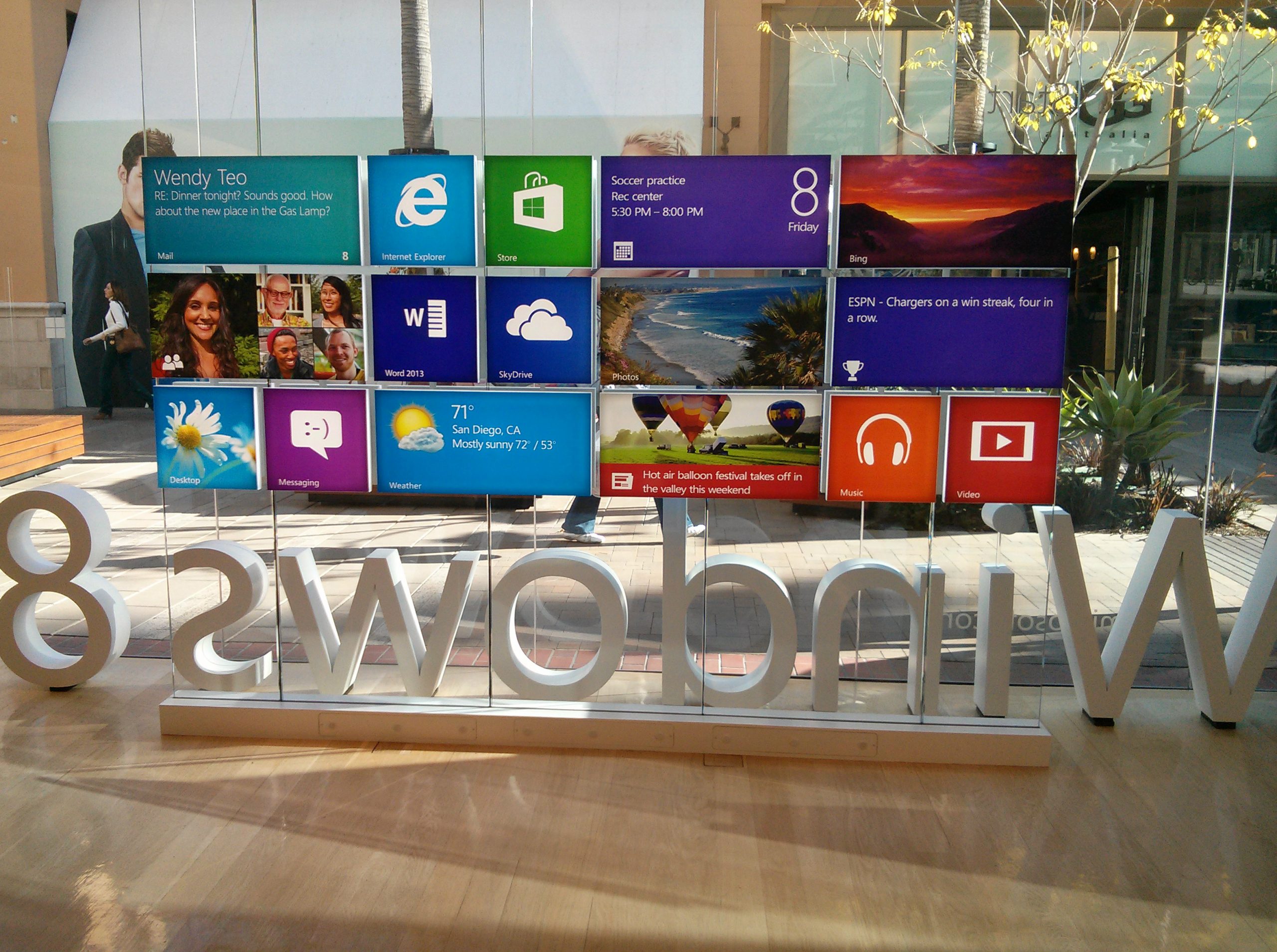
How I came to love Windows again
Two words: Surface Pro. For most of February, I used Microsoft's Windows 8 Pro tablet as my primary PC and loved the experience.
I haven't felt so good about using a Microsoft operating system for a decade. Actually, I've never felt like this. Windows 8 Pro is simply amazing when experienced on the right device, and starting point is touch. Modern UI really works for me. Windows 8's visuals are stunning, making a truly satisfying and fun place to work. I enjoy working on Windows 8, which pretty UI beckons me to come back again and again.
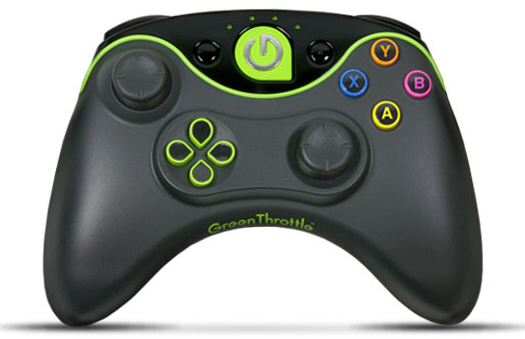
Green Throttle turns the Kindle Fire HD into a games console, Samsung Galaxy S III next
This year is certainly going to be a big one for games consoles, with a new PlayStation and a new Xbox (rumored) to be arriving before Christmas. But it’s Android-based gaming systems that’s the big trend at the moment, with the likes of OUYA and GameStick grabbing their fair share of the headlines.
Green Throttle is another Android games system, but it’s one that doesn’t require you to make space for a dedicated console under the TV. Instead you just need to buy one or more Green Throttle Atlas controllers, download the free Green Throttle Arena app from the Amazon Appstore, and hook up your Android tablet to a TV using a micro HDMI cable.

PC shipments go from worse to, well, you don't want to know
IDC sure knows how to ruin a Monday. The analyst firm released final personal computer shipment tabulations for fourth quarter and all 2012 and made a dismal forecast for this year. If you're as tired of reading "PC is dead" stories as I am writing them, cover your eyes. Read no further. The horrors ahead are unbearable.
Global shipments will decline for the second year in a row in 2013, with Windows 8 giving no perceptual lift at all. Holidays were a bust, as will be the year. You can't fault Microsoft for trying, but there is only so much water you can throw off a sinking ship with buckets before it plunges beneath the waves. Perhaps only the rumored Windows Blue can save the PC now, but Win8 was supposed to do that -- and look what happened. When an analyst firm uses "underwhelming reception" to describe a Microsoft operating system, it's time to abandon ship.

Microsoft should either piss or get off the pot
Late last month, I wrote about how NUI (natural user interface) technology is Microsoft’s Trojan horse to draw consumers to the company's latest and upcoming devices. I definitely see a key technology strategy, but is it enough?
Kinect got the attention of many consumers, who were not considering the Xbox, and it sold a ton more consoles. But did Kinect keep consumers interested? How many people actually continue to regularly use the controller? In the same way, if Microsoft integrates deep natural language voice-controlled interfaces and camera-based gesture inputs into its next round of products and services, the company could easily get consumer attention and sell more phones and Surface tablets. That's not enough. What must Microsoft do to ensure these consumers remain interested in their new devices and services?
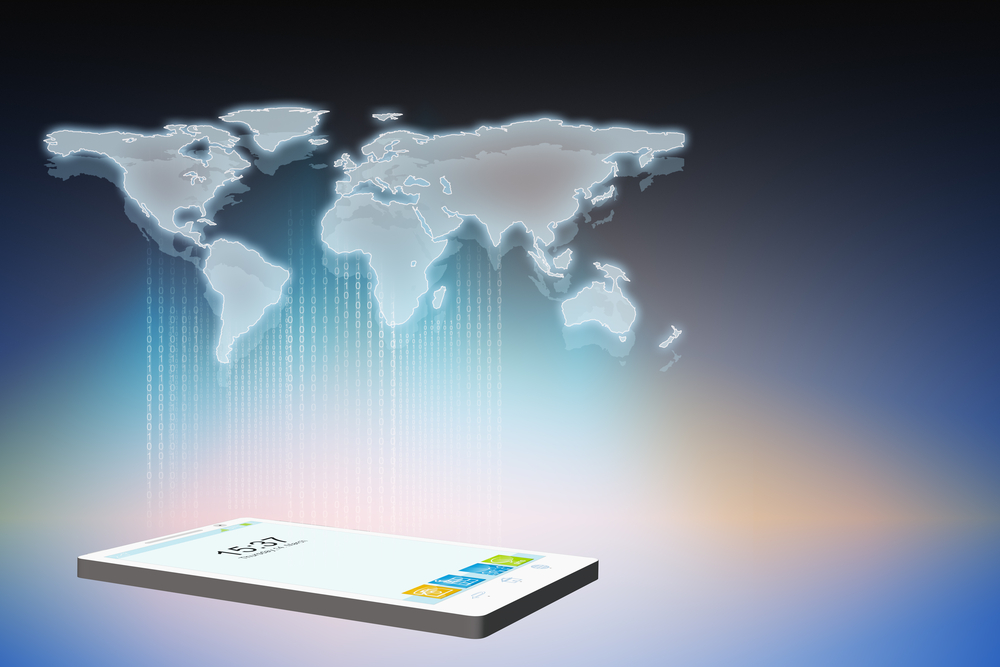
Smartphone shipments surge ahead of lesser mobiles -- Brazil, China and India lead the way
Last month after analyzing Gartner's Q4 handset sales data, I quipped: "At this pace, smartphone sales should surpass feature phones within a couple quarters". Today, IDC released a real forecast, claiming that smartphone shipments would do just that. While not exactly sales, the change would mark a significant shift in the mobile phone market, with China charging ahead of all other countries.
The analyst firm expects smartphone shipments to nudge past 50 percent for the year, a forecast I consider to be overly conservative. Based on sales, the category already has 44 percent share, according to Gartner. The smartphone market is so fast-changing, few analysts get anything right. As I explained in December, IDC repeatedly underforecast smartphone shipments throughout 2012. The general view is likely right, but with feature phones falling at brisker pace.

Xbox Live premieres its first movie
In tough economic times, raising the money and getting a movie made without any major stars in it can be more than a little challenging for independent film makers. Getting it distributed is even harder.
So instead of trying to get their movie into cinemas, releasing it straight to DVD, or even putting it out on YouTube, the makers of Pulp are distributing their low-budget British comedy via an alternative method -- Xbox Live.

Can Guy Kawasaki save Google from Samsung?
Google is a hardware company now, something that is too often overlooked. Last week, the search and information company launched its first computer, Chromebook Pixel, which I reviewed overnight yesterday. In August 2011, Google bought Motorola, one of the most iconic American brands and inventor of the cell phone, for $12.5 billion; the deal closed in May 2012. Moto makes handsets and tablets, among other things.
But Motorola is a brand in decline, and one Google should want to reinvigorate if the plan is to release more-compelling, more-innovative Androids. Why should ASUS, LG and Samsung manufacture Nexus devices when Google has a huge hardware subsidiary? Meanwhile, one of the three is a partner out of control. Samsung threatens to fracture the broader Android ecosystem -- a problem I sternly warned about in April 2012 post "Google has lost control of Android". A resurgent Motorola could bring unity back to the Force, as the saying goes. Google bets that Guy Kawasaki can help make that happen.
Is Chromebook Pixel worth spending $1,299? [first-impressions review]
First in a series. Chromebook Pixel is an enigma. A misfit. Some critics call it a miscalculation -- that Google created a pretty kit that offers too little value for the high price. For sure, $1,299, or $1,449 for the model with LTE, is more than most people pay. According to NPD, the average selling price of laptops at US retail was $640 in January.
But some people do pay more. Apple laptops start at $999 and, according to NPD, the ASP was $1,419 last month. Unquestionably, I see Chromebook Pixel as priced against Macs, and after using Google's laptop see it targeted at the same professionals who value Apple notebooks. The question any potential buyer should ask: Is Pixel worth spending as much as Google asks? I will answer that question in several parts -- this initial review is first.
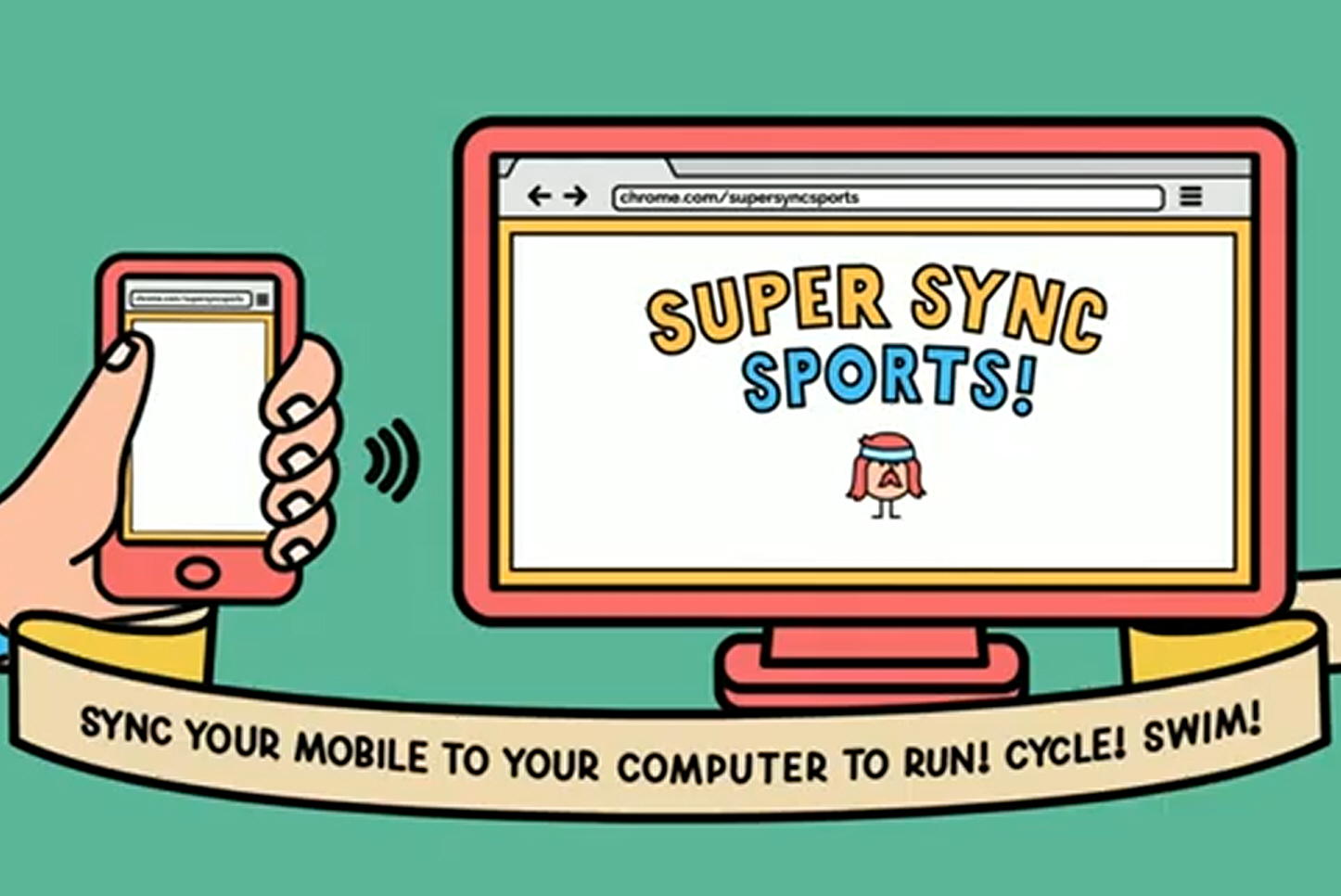
New multiplayer game for Chrome uses smartphones as controllers
Google has created a new sports game for Chrome, which lets you challenge up to four friends at running, swimming and cycling.
What makes Chrome Super Sync Sports so special is while the game is displayed on your computer screen, the characters are controlled using smartphones or tablets.
To play it you need to have Chrome installed on your computer, and on any Android or iOS devices you want to use as controllers.

Google+ Sign-In is a Facebook killer
Single sign-on. Universal log-in. It is the Holy Grail of Internet services. Coming into the new century, Microsoft planned to use Passport as a universal, single sign-on authentication system aligned with Windows. Following privacy group complaints, a Federal Trade Commission investigation and subsequent settlement, Microsoft backed off the authentication strategy. A decade later, Facebook emerged as contender; many sites or services request, and some even require, signing in with Facebook credentials. Twitter is another option, and there are other choices, such as OpenID.
Now Google comes calling, today adding Google+ Sign-In as an option developers can include with their apps. I cannot overstate just how bold and disruptive the authentication system could be, or how much Google could -- scratch that, most likely will -- benefit. If widely adopted, the service could, if nothing else, give Google+ huge lift against Facebook. Welcome to the social network wars, and my money is on the the big G winning because Android, search and other assets offer so much leverage.
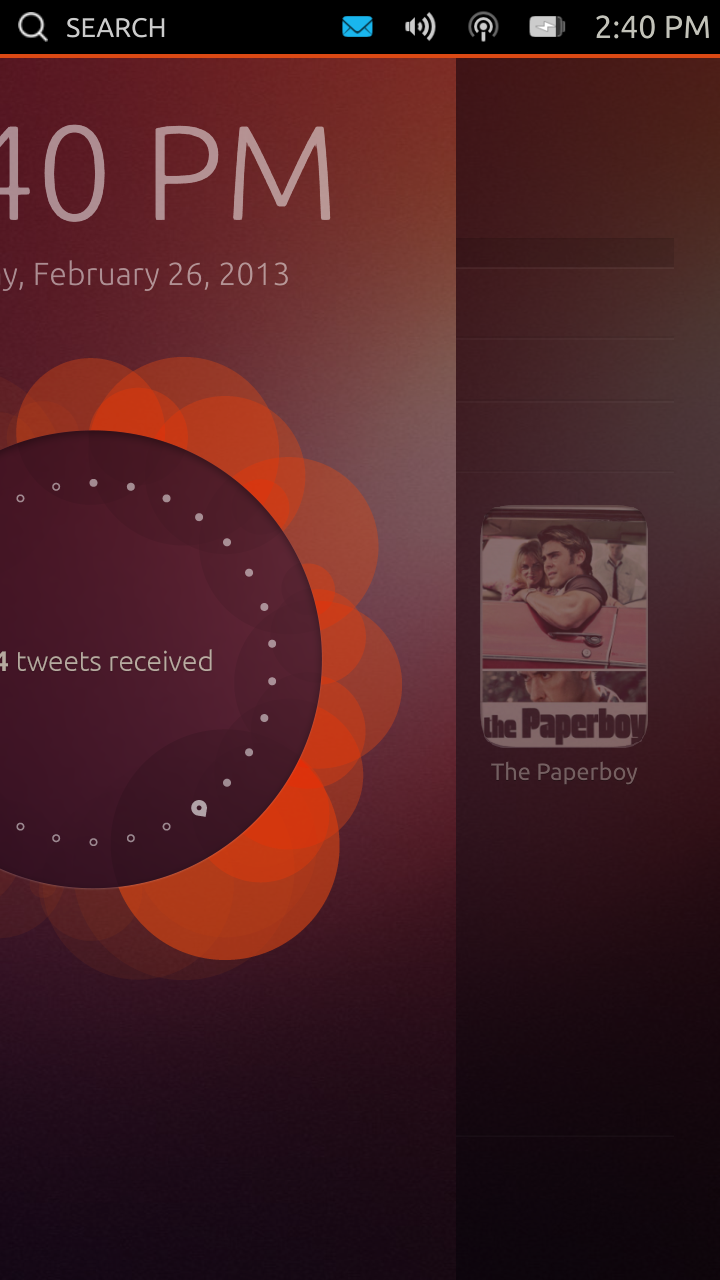
Ubuntu Touch -- interesting concept that needs work [preview]
The concept of Canonical taking a stab at the mobile market eludes me. Unless we want to split hairs, which I know will happen, Android already is the Linux ambassador across the globe, so why would the world need Ubuntu Touch? Furthermore, any new player starts out with a clean slate, which means many consumers will be skeptical at purchasing devices running the new operating system and therefore developer interest does not surpass a low threshold.
The PC market is not what it used to be a couple of years ago when people rushed out to buy new computers, rather than tablets or smartphones first. In some ways Canonical right now is Microsoft before Windows Phone and Windows 8 -- an important player further heading into obscurity down the road unless the boat steers in the right direction. Ubuntu Touch is supposed to give the world a breath of fresh air, the X factor that would sway enough people into switching from Android, iOS, Windows Phone or a feature phone, even.
Whoa, you really don't want Google Chromebook Pixel
On February 21, Google started selling its first computer, Chromebook Pixel, which I called a "status symbol" over the weekend. In typical fashion I asked "Will you buy Google Chromebook Pixel?" There surely is a market for the laptop somewhere, but not among the respondents to our poll.
Seventy-seven percent of you answer "No". That's among the highest percentage ever to one of my polls. If there's Chromebook Pixel enthusiasm, it surely isn't from BetaNews readers. Just 8 percent of respondents will buy the Chrome OS laptop "as soon as available in my country". Only 16.5 percent plan to buy Chromebook Pixel ever. So has Google got a flop? No way, Jose.
Chromebook Pixel is a status symbol
Google's first computer isn't about sales but status. Critics who lambast Chromebook Pixel as an over-priced web browser wrapped in pretty hardware miss the point. Badly. The laptop will sell, but not in mass-volume because it's not meant to. Is Lamborghini about sales or style? I ask not seeing much commentary about how the Italian sports car is a failure because Ford sells millions more Explorers.
Chromebook Pixel is the luxury car of computers running Chrome OS and perpetually connected to the cloud. Google's beauty is a status symbol for people willing to plunk down $1,299 or $1,449 and makes, along with newer Nexus devices, a bold brand statement: Google is a premium brand and the company a real innovator. For the people who love the brand and want to identify with it, like all those fanboys adoring Apple with their cash, Chromebook Pixel is an easy sell.
